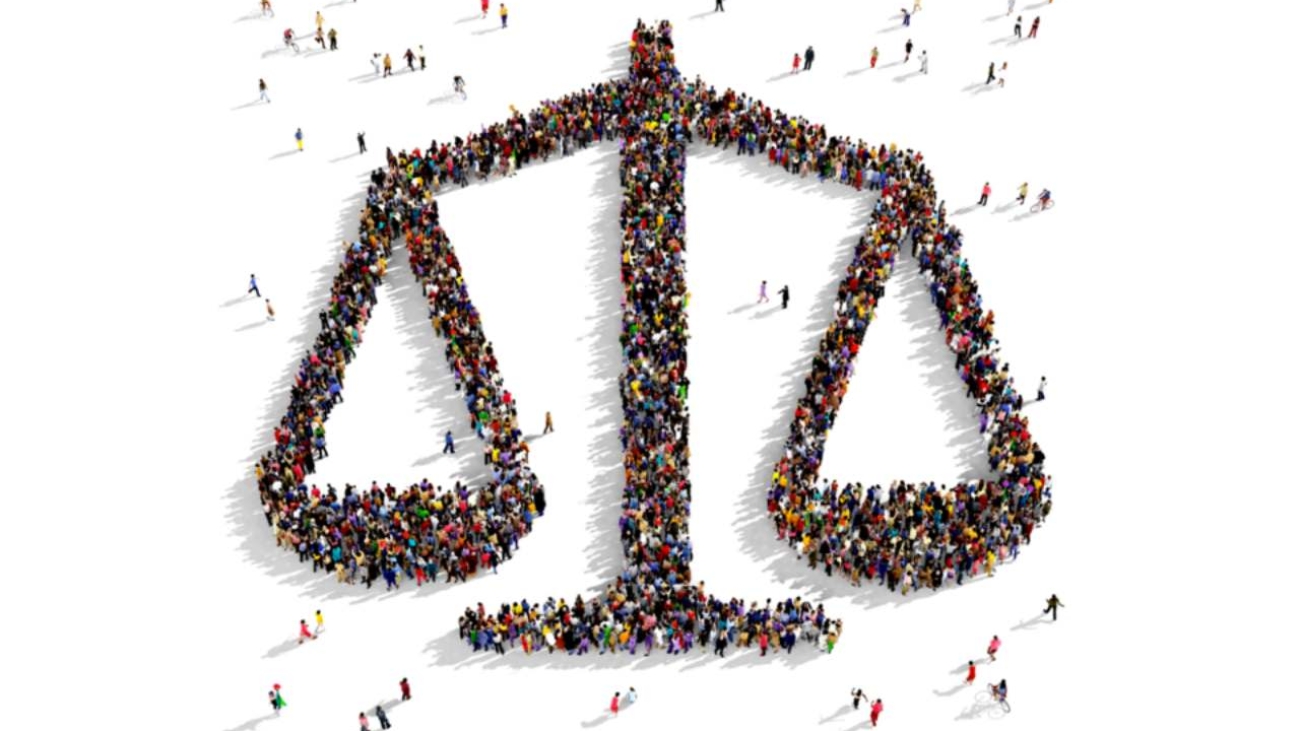The concept of community and collective action towards social change powered by young people in Africa is utopian because the lack of basic human resources is an impediment to people’s participation and objective reasoning in the fight for social justice. There is an instinctive awareness of survival engraved in the social construct of the African society and this drive for survival has made young people think less of the community or the active role they ought to play in demanding and working to get the change they deserve.
There are other dynamics affecting collectivism towards social change in Africa, dynamics such as religion and ethnicity. However mundane these are, the sad realities do not negate the basic universal needs of humans such as shelter, food, water, healthcare, etc. Ironically, these are the basic needs young people struggle to access in different communities. It is only logical that people thinking about where to get their next meal are likely not going to be bothered about the community, civic engagement or the collective impact needed to drive real change.
Africa which has the youngest population in the world, with about 200 million people aged between 15 and 24, has a current trend indicating that this figure will double by 2045, according to the 2012 African Economic Outlook report prepared by experts from the African Development Bank (AfDB), the UN Development Programme (UNDP), the UN Economic Commission for Africa (ECA) and the industrialized countries’ Organization for Economic Cooperation and Development (OECD), among others. According to the AfDB, while six of the 10 fastest-growing economies in the world are in sub-Saharan Africa, the unemployment rate for the region is 6%. In all these, young women feel the brunt of unemployment even more severely. The AfDB found that in most countries in sub-Saharan Africa and all of those in North Africa, it is easier for men to get jobs than it is for women, even if they have equivalent skills and experience.
It is also progressive to see other parts of the world, changing and recognizing the importance of youth voice and how this is a prerequisite element for any meaningful growth in society. Some African leaders, on the other hand, are trying their best to stifle youth voice by having them worry about basic resources they deserve and dividing their people along ethnic, religious and political lines. These dynamics go to prove why youths are not socially conscious in being actively engaged in programmes that should uphold the community as opposed to individuals.

The real poverty in Africa isn’t that people live on less than 1.25 U.S dollars per day, the real poverty is not recognizing the power in youth voice for the greater good of their communities through collective action towards social change. If poverty, unemployment, bigotry, corruption and the desire for equity doesn’t spur African youths to utilize their power in holding their leaders accountable, then it is not likely that anything else will.
The lack of access to services that meet the basic human needs of food, safe drinking water, sanitation facilities, healthcare, shelter, education, and information is affecting the active participation of youths civically and in fostering the collective good of communities in Africa. There is a need for rapid employment opportunities within the social sector in the form of youth programmes tailored towards community impact, that not only amplify youth voice but also empower youths technically, financially and socially.
however, Nigeria is a peculiar case in the talk about Africa’s development because as the most populous country in Africa with a population of about 200 million people, having about 70% of her population below the age of 35, it is expected that Nigeria should take the front row in ensuring that youth voice is recognized and respected across board. However, it is sad that Nigeria just recently modified her National Youth Policy, with the age bracket for the classification of youth formally from 18 – 35 years to the latest policy indicating that youth is an individual from 15 – 29 years. However timely this is, it is late and the process is probably not as inclusive of at least 50% of the youth population in Nigeria.
There is, therefore, a need for community and youth-centric programmes that empowers young people technically, financially, educationally, civically and socially, thereby tackling the rising issues of unemployment, voter apathy, vote-buying, ethnoreligious extremism, drug abuse and other social vices. Having such programmes and youth-centric centres situated in communities will not only empower young people but will amplify their voice by giving them a seat at the table where decisions are made, and through community dialogues, their representatives and key stakeholders are held accountable locally and nationally.
The quest for social justice needs a collective action where youths are both the beneficiaries and active participants in its struggle. There are no quick fixes to getting young people engaged in African communities if Africa doesn’t realise that meeting the basic human needs of its people is the prerequisite element for any meaningful youth engagement across communities. Youths play a critical role in the fight for equity and inclusion, and when docile or uninterested in their communities, they become victims and accomplices to the injustice they have been subjected to by their leaders.

 Cart is empty
Cart is empty 